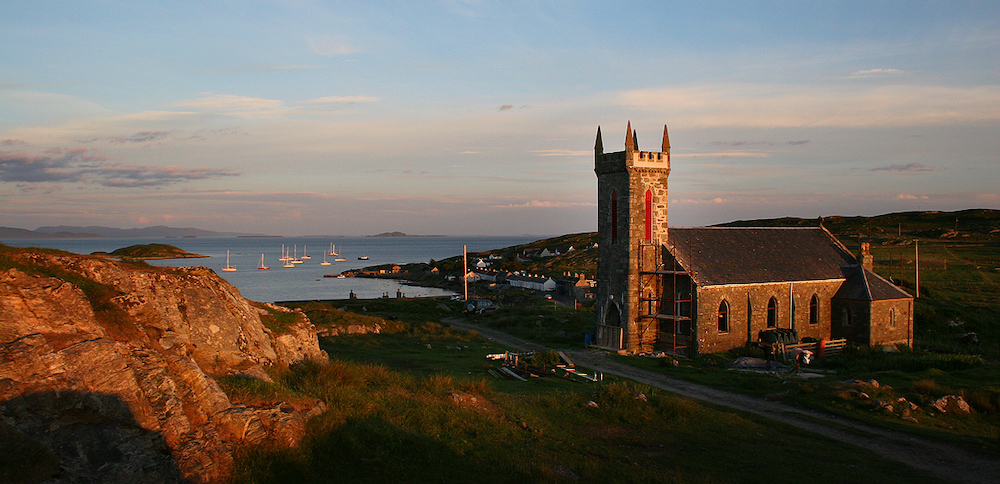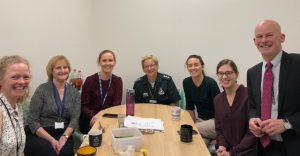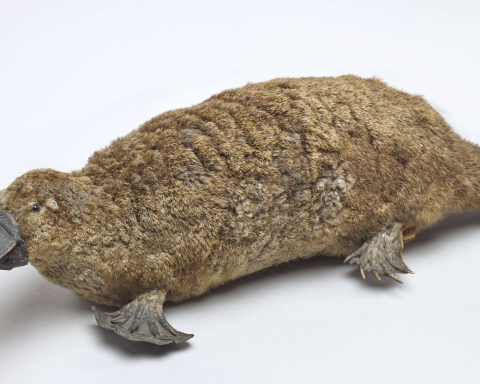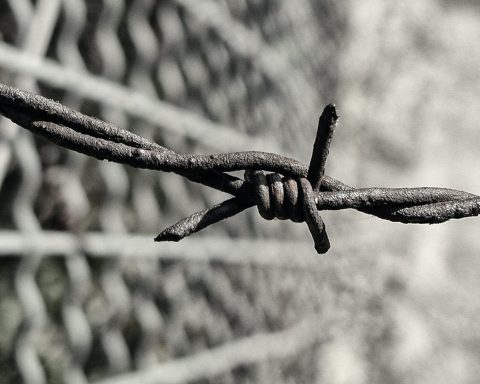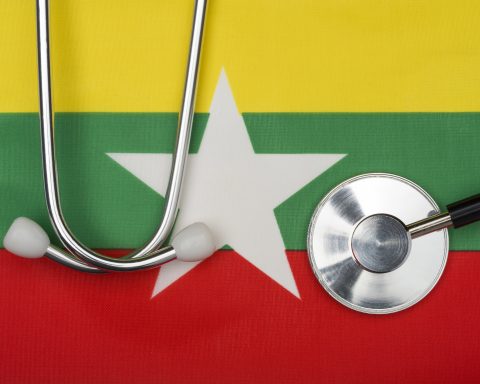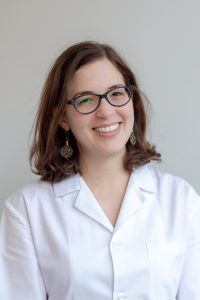
Editor: Rana offers her perspective of Scottish primary care and it’s a powerful reminder of what we do have.
The GP elective in Scotland was an experience of a lifetime. It was about understanding how the health care system in Scotland works as well as getting a closer look at how primary care is practised in a place where a system is set up for it. This experience has left me with lessons about how to practice in GP, life lessons, and most importantly new friends in the UK.
I got the chance to see general practice in different settings: urban, rural, and an island. In the urban setting, medical care was provided by several teams. The teams and the GPs work symbiotically. One thing I was surprised to learn about was health visitors. They follow children’s growth and make sure they are growing well and meeting their developmental milestones. The responsibility also included providing the parents with educational material about the child’s growth. This replaced what I know as a well-child visit. These visits are a crucial part of our work in Lebanon because it is there where we get to see how the child is doing and connect more with them and their family.
The patient expects to be taken care of and does not expect a medication prescription. This would not work in Lebanon.
GPs are truly the gatekeepers for secondary care in Scotland. They protect their patients from over-diagnosis and from unnecessary interventions. They are more like the guardians of their patients. The patients were less rebellious when a consultation referral was declined by their physician. At my clinic, if I upset a patient by insisting that the referral they are asking for is not indicated they might not come back to me. There is no proper system in place. They can easily go to another GP or to a specialist directly.
The rural clinics reminded me of my own practice. It was more related to the lack of availability of many services and the reliance on the GP for most of the care. There was more hands-on work for the GP such as injections and blood withdrawals. I enjoyed it the most, perhaps it’s because this setting was the closest to how I practise in Lebanon. However, something we lack here is the availability of social services and other helpful resources that can tackle the patient’s social issues. In Scotland, no matter where someone was living they had access to healthcare and assess to the social services that are complementary to health care. This access extended beyond the mainland and was also available on an island.
The island setting was a different experience. I went to the Isle of Coll to see how things are from a GP’s point of view. There is one physician caring for 193 people. For such a remote place, I was impressed with the medical care services provided for the patients. The medical practice has a dispensary for the acute and chronic medication. The one physician there is on call 24/7.
I thought of the patients in Lebanon who lived in remote places and had limited access to healthcare. These people had no choice where to live while the people on the island moved there by choice.
The island was unique in that being in a place with limited resources tests your clinical knowledge and clinical judgment. A case that stuck with me is that of one person who became acutely unwell. When we went to see them, they were febrile but otherwise stable. The doctor made the decision to observe until the next day. I was reluctant and wanted to do some tests in order to help me determine how to proceed. Being a physician on an island requires one to be comfortable and confident to deal with uncertainty and that comes with time and experience.
General practice is a vital part of healthcare. It cares for patients. It provides them with healthcare access. It keeps them healthy and in touch with the system. It provides them with access to healthcare when they need it. It is a universal and the care is available to everyone globally.
When I started primary care training I had doubts about the specialty I chose. The image in Lebanon about primary care from other physicians and patients is not great because they do not consider it a proper specialty. But my specialty goes beyond diagnosis and treatment. It involves care compassion and healing. All medical specialties should be like that but in primary care we get the chance to truly practice that. Reflecting on my short experience in primary care in Scotland has made me want to become a better primary care physician and has restored hope in me that primary care is where I want to be.
I am thankful for everyone who has made this elective possible and I am grateful for all the kind hearted people who have welcomed me into their homes while I was there.
Featured image in public domain: https://en.wikipedia.org/wiki/Coll#/media/File:Coll.jpg

